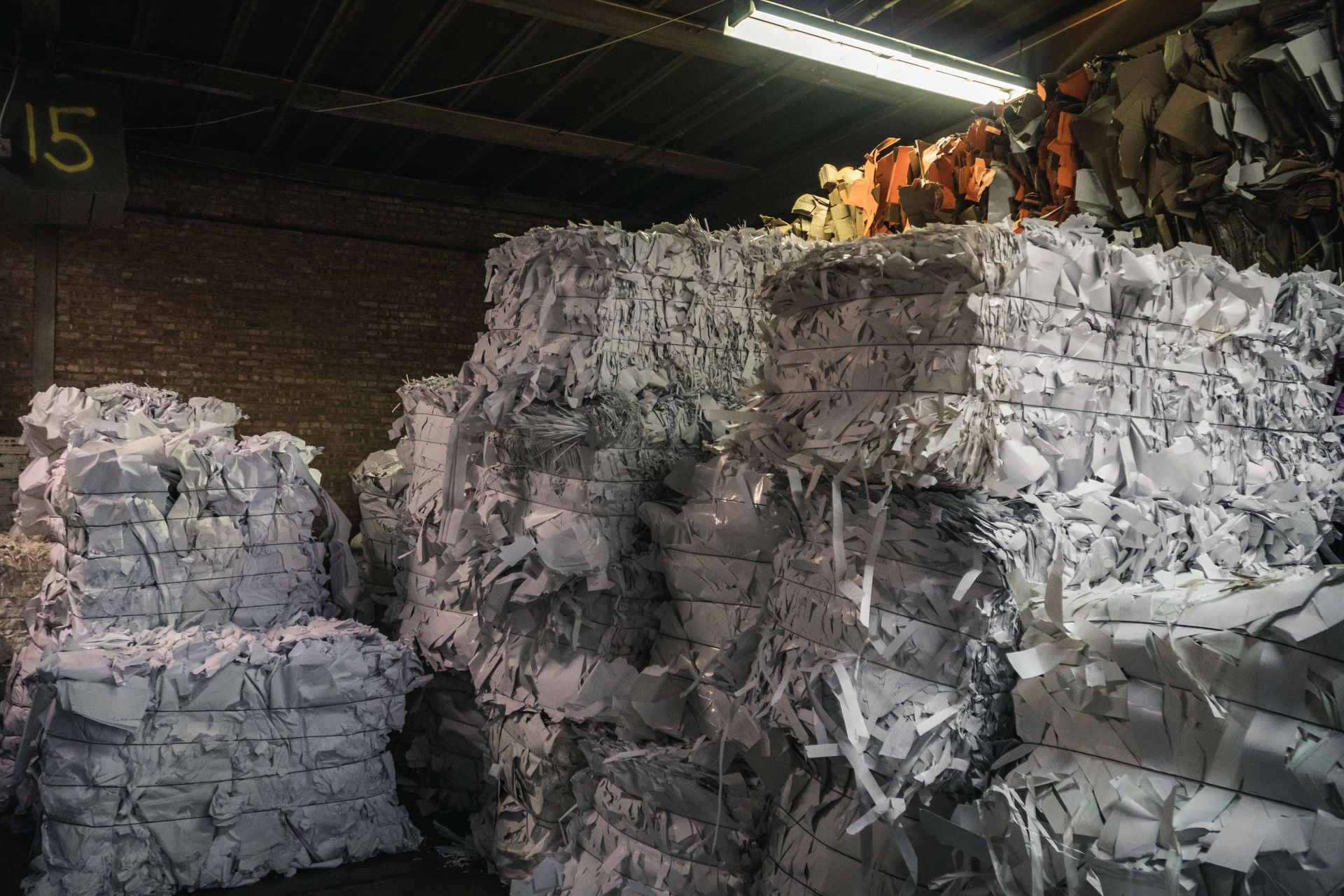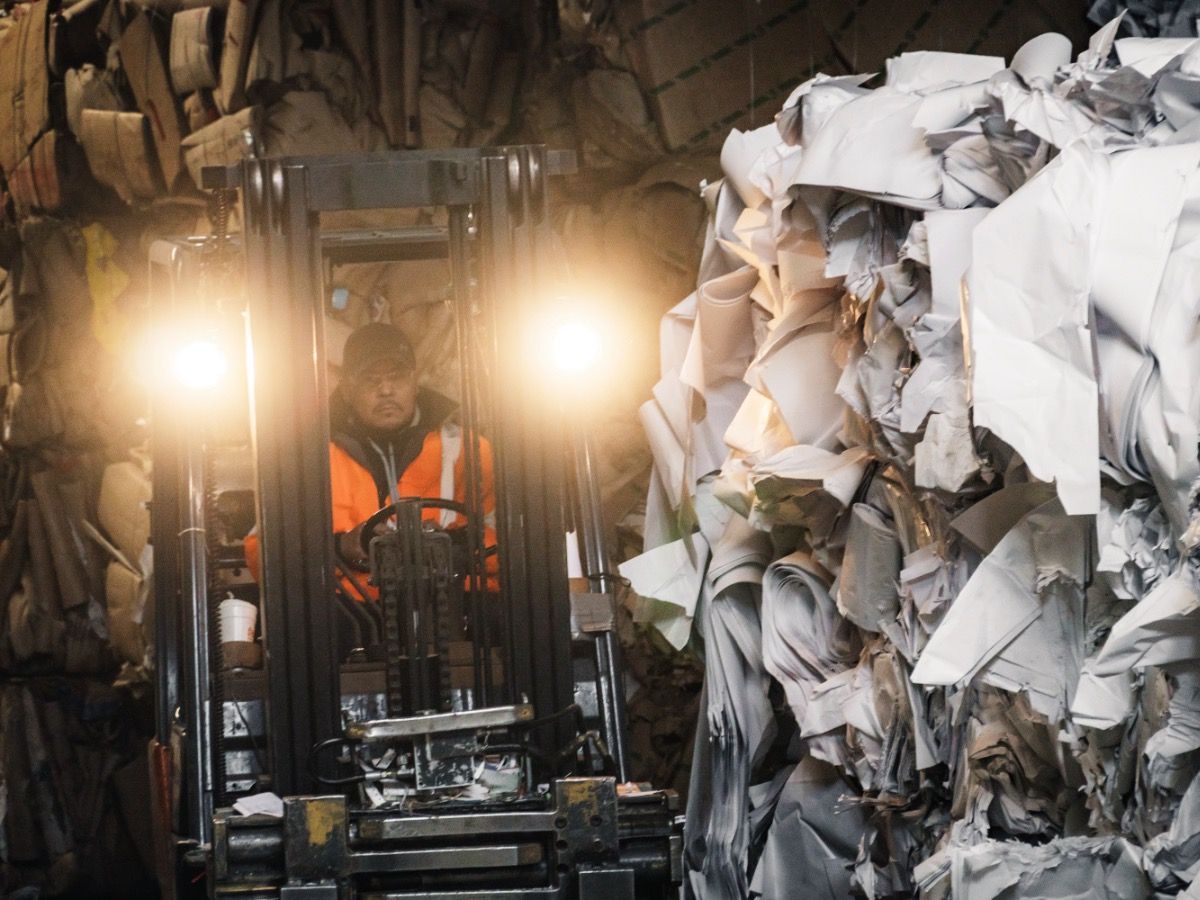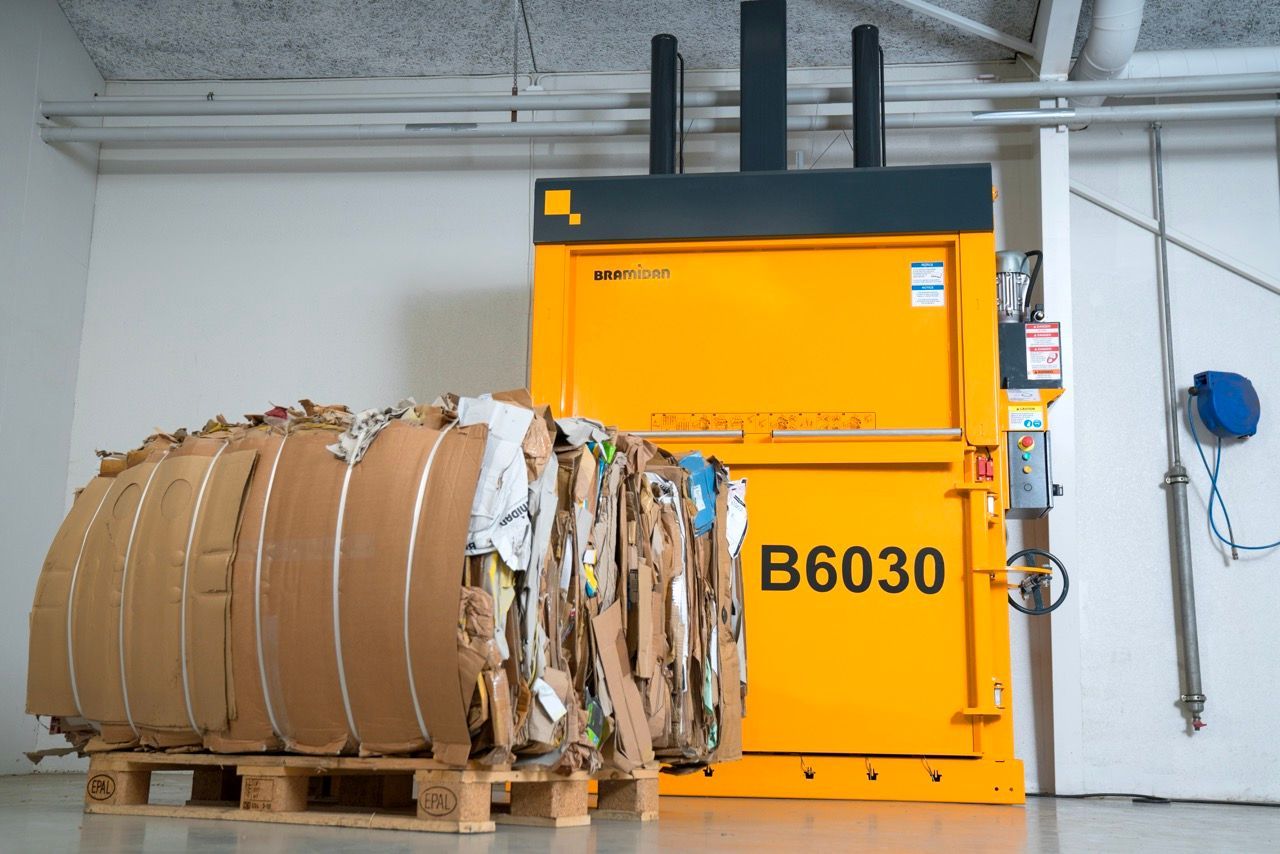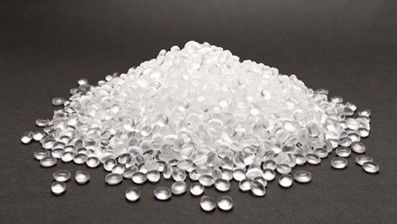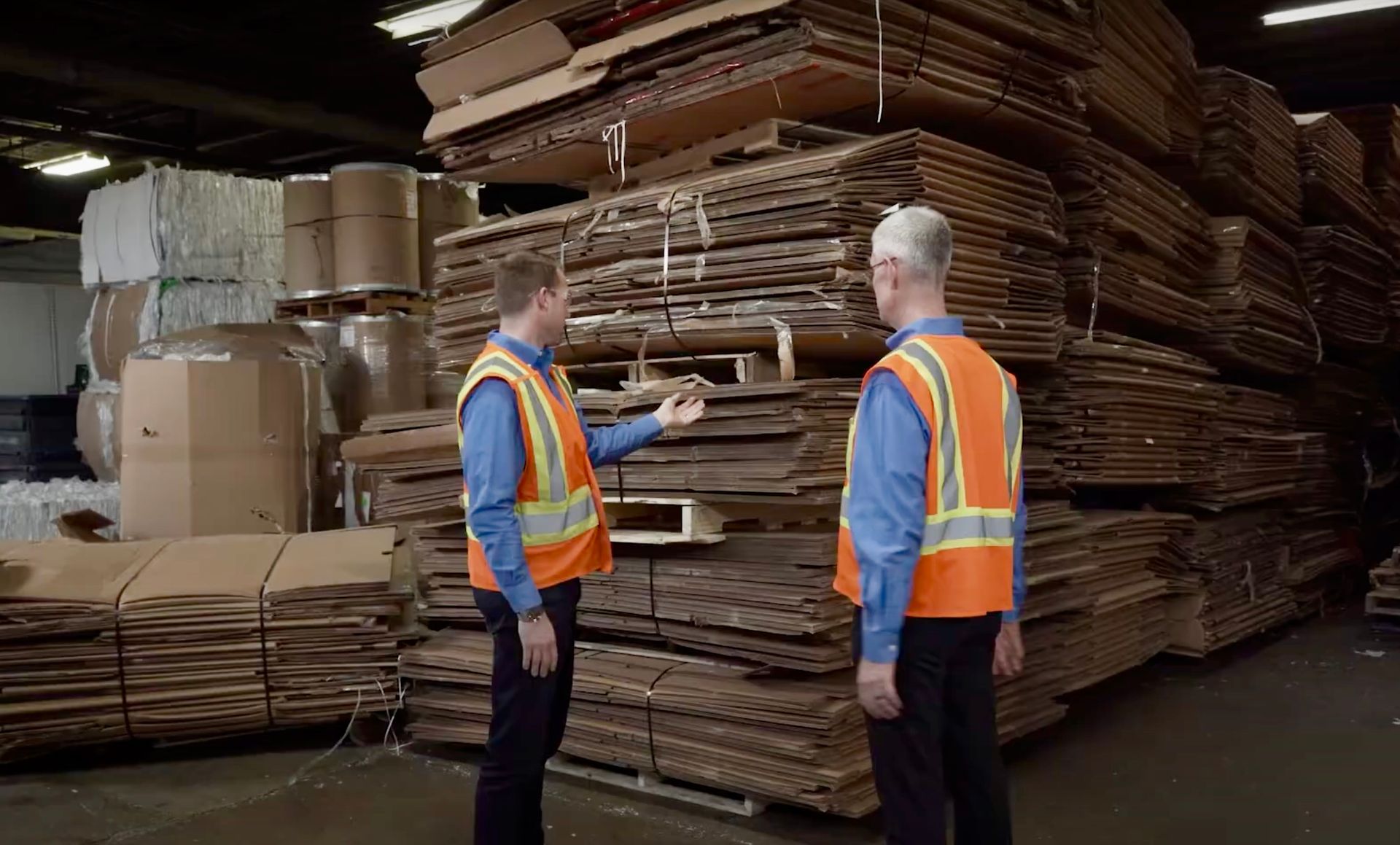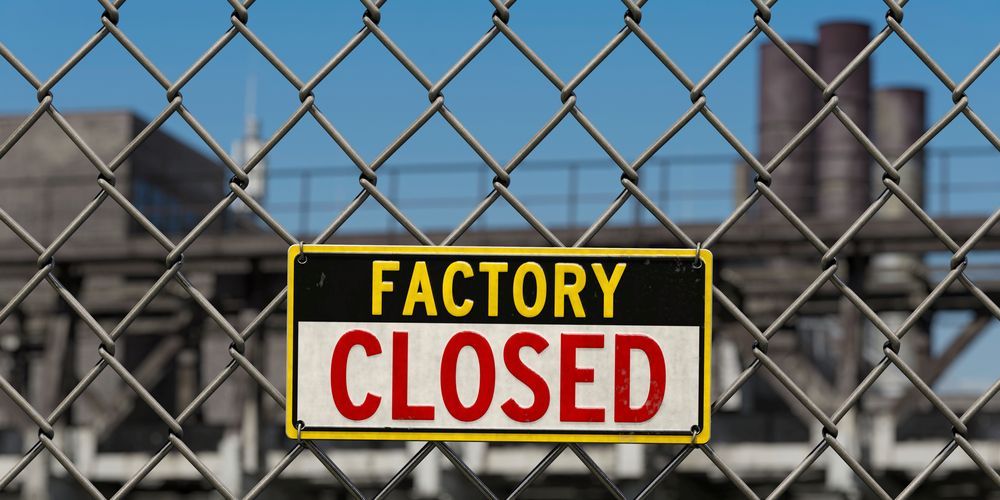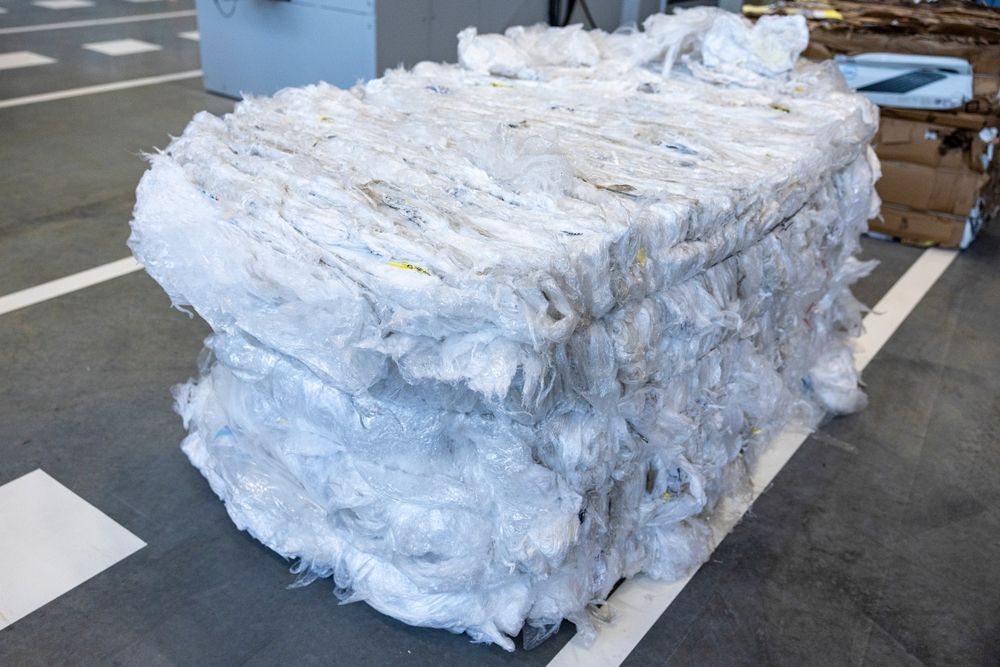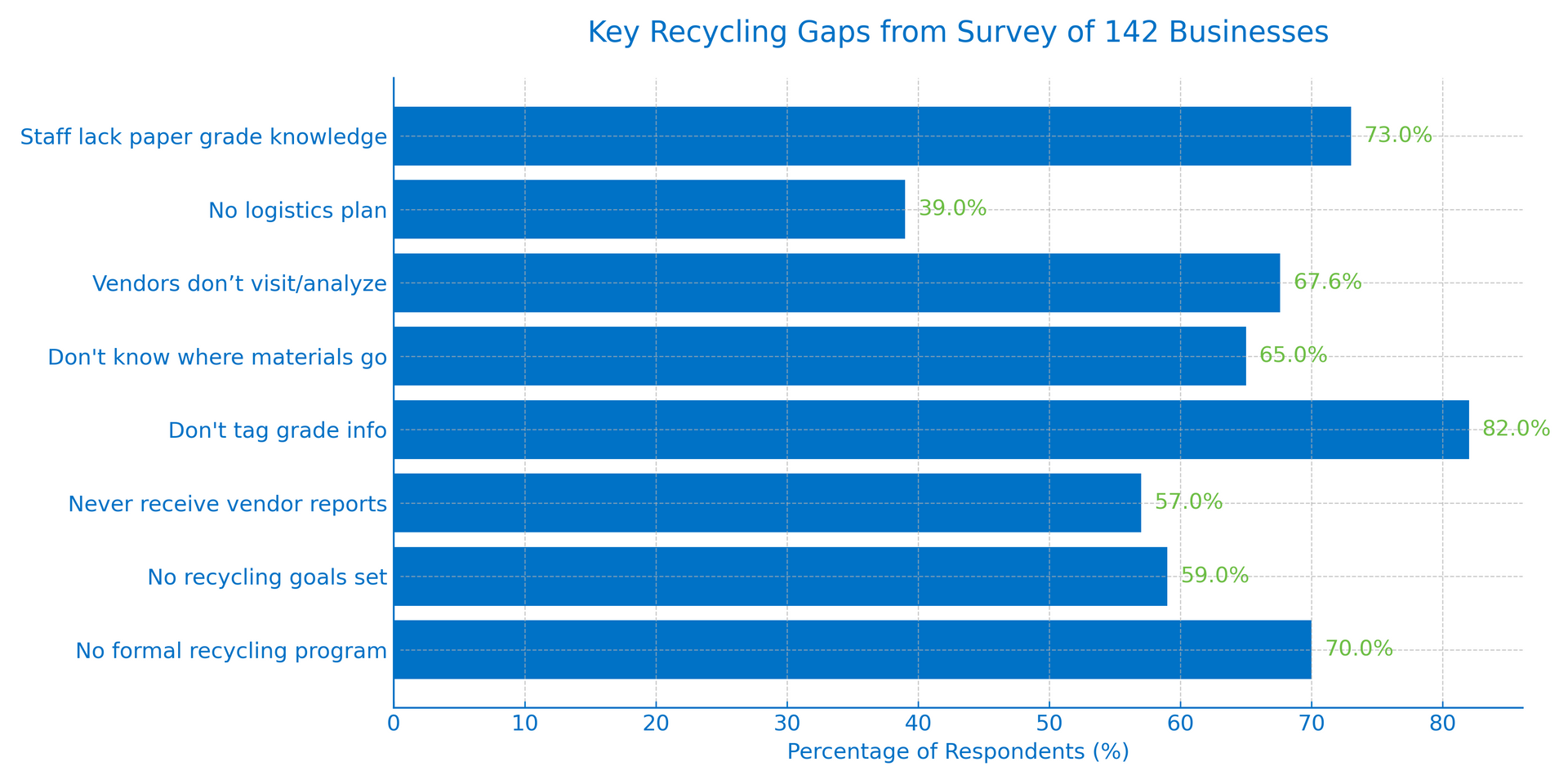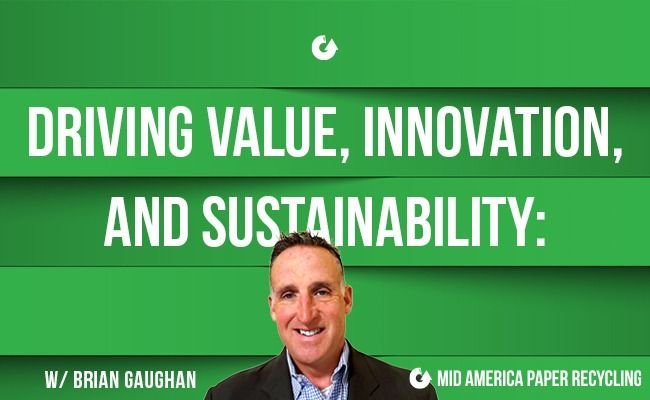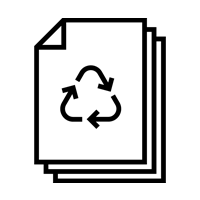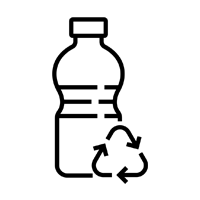August 21, 2023
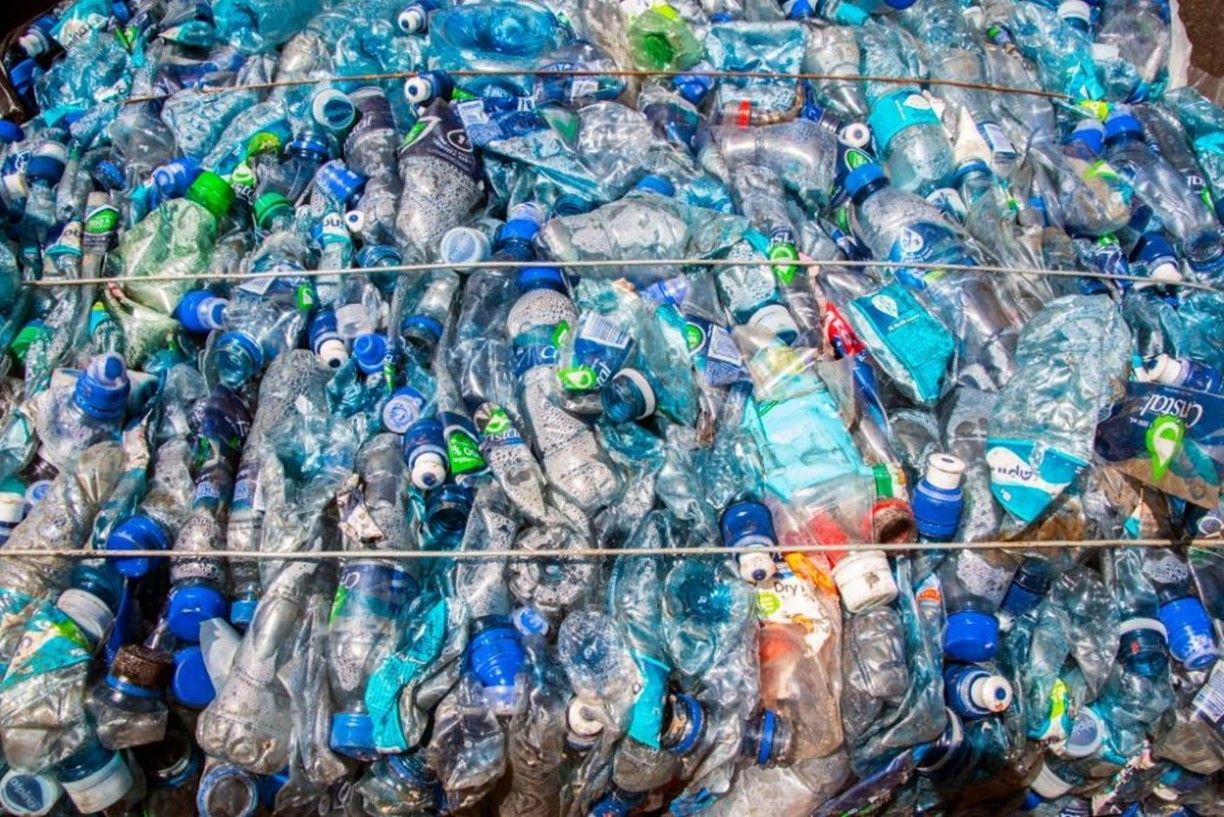
Keys to Recycling Plastics at the Highest Value
As the demand for recycled plastics content is changing and the economics are still not where they could be, challenges in plastics recycling continue to mount. Plastics create a massive waste management issue, the sheer volume of which is unlike any other supply chain. But there are opportunities out there, and Mid America Paper Recycling is trying to get a handle on what they are and how to optimize them. Analysts confirm that almost all plastic can be recycled or reused. Other positives for recycling plastics are driven, in part, by commitments from brand owners to incorporate recycled content in their products. Yet the U.S. recycling rate remains limited because of a lack of access to recycling, sortation issues, challenging plastic product constructions, and insufficient recycling capacity.
Also, 2023 has brought economic pressures and market volatility, high energy prices, the war in Ukraine, increased climate change, and more efforts to reduce carbon emissions. Plastic prices from May to July 2023 reportedly have declined by roughly 30 to 55 percent.
“Scrap demand is low due to a lack of manufacturing demand,” says Jake Meszaros, National Account Manager at Mid America Paper Recycling. “The popular grades, such as polyethylene, polyethylene terephthalate (PET), polypropylene, and polystyrene have dropped exponentially in value and demand. We hear buyers have higher inventory levels and it continues to drive prices down. Supply has overtaken the market, so there are fewer orders available. And with high interest rates, we see limited purchasing. We also see market instability continuing into next year. We hope that changes with increasing corporate and governmental sustainability improvement goals.”
“Businesses today have sustainability goals that task them to push hard for improved plastics recycling,” echoes David Surdyk, National Account Manager at Mid America Paper Recycling. “Shareholders and investors demand it. Society is asking for it. Our environment needs it. Companies are investing in technologies to increase the ability to recycle plastics. So, we are investigating opportunities to be part of the solution. We are focused on meeting the demand for high-quality plastics customer-partners can use to make new products. For example, we are ramping up a project with a company that processes Number 1 to 7-grade post-consumer and mixed-grade industrial plastics. They will use high-end sorting technology to separate their grades so that as little as possible ends up in the landfills.”
Marty Leibforth, National Account Manager for Mid America Paper Recycling, thinks changes are needed for plastic waste to one day be easily recycled. “I still believe the future is positive for industrial plastic recycling, but currently, the segment faces some serious headwinds. As 2023 started, Mid America Paper Recycling and the plastic industry were poised for robust growth as key industrial partners were investing in significant plastics capacity. Currently, like the overall economy, the plastics segment is under heavy strain. Rising oil prices and high housing costs will likely not be abated this year. Another contributing factor is the unstable economy in China, with lowered growth projections expected. The China economy is never as transparent as we’d like, but from a greater distance, it is reducing consumption and under close watch.”
What’s more, different types of plastic are often combined in manufacturing processes, which makes recycling the finished products much more difficult. Considering these issues at the design stage could facilitate disassembling products into waste fractions that do not contain residues of other materials.
“Many plastic products are manufactured in ways that make the plastic content difficult to separate and recycle,” Leibforth continues. “This is why plastics are often incinerated, which is a major waste of valuable resources. We are faced with difficult-to-recycle multilayer plastic grades,” Leibforth adds. “But we have extensive knowledge of plastic processors that have the technology to recycle some of the more complicated multilayer constructions.”
Resolving the issue will also take new product designs and innovations in waste collection and sorting processes, which will require specific expertise and extensive materials knowledge, Surdyk notes. “Plastics can be complicated. Certain grades cannot be recycled with other grades. And plastics can have barriers.”
City skyline
More support is needed from packaging converters, brand owners, and policymakers to ensure success. High-quality scrap plastic often has a value that can replace an expense with a profit. Tapping into new handling processes, technologies, upcycling and other ways to divert plastic waste from landfills, brands will be able to achieve their recycling commitments, Surdyk says. “Our offerings help increase recycling rates and revenues while decreasing landfill usage and costs.”
Leibforth points out that for years, businesses transitioned to plastic packaging. “As more research is done and investments are made, package development using advanced innovative technologies will only continue. This industry also needs knowledgeable and experienced recycling solution providers like Mid America to guide the way toward prompt and responsible daily service at competitive prices.”
Mid America Paper Recycling can not only help with the collection but with advice about what to consider when sorting plastic waste and also with sorting commingled plastics, Meszaros adds. “Sorting used plastics into different categories improves the chances of it being recycled because each type of plastic has unique properties that affect its color structure and melting point. In addition, tapping new technologies that can complement mechanical plastics recycling will encourage companies to achieve their recycling commitments.”
Mid America Paper Recycling’s supplier-partners and industrial-consuming partners have made tremendous advancements in improving their sorting capacities, Leibforth says. “This trend must continue. Additional sorting automation is essential as labor scarcity/increased wages still pose challenges.”
City skyline
Filling a void
With an extensive supplier network, Mid America Paper Recycling can find the right kind of recycled plastic to suit specific needs and furnish the training and guidance to recirculate the plastic content in end-of-life products and use it to manufacture new products. “Our network reach, supplier efforts, and source separation abilities are the key to recycling at the highest value,” Leibforth says. “One of our goals is to divert plastic waste from landfills while also helping reduce the cost of landfill fees. Many of our suppliers have a zero-carbon footprint requirement and we take that responsibility seriously. We have no incentive to landfill waste, which many waste-hauling competitors rely on. Our sophisticated data-reporting software can’t be surpassed. We have made a point to educate our valued suppliers and raised their environmental expertise of what is possible. Our suppliers expect and deserve a single recycler that has the knowledge to competitively recycle all of their plastic, paper, and metal materials.”
“Plastics collection rates need to and will increase,” Surdyk summarizes. “Businesses are investing large amounts of time and money into the research and development of recycling plastics more easily. Institutional investors and shareholders require the companies they invest in to be more environmentally responsible. The government is also becoming more active. And education about recycling plastics continues to help. All of these efforts are having a positive impact on the recycling rate of plastics.”
To take our quick, free Waste Audit Survey, visit
bit.ly/30Egszs. Contact Mid America Paper Recycling at
773-890-5454 to discuss how we can help you streamline your plastics or paper recycling processes with a customized solution tailored to you.
